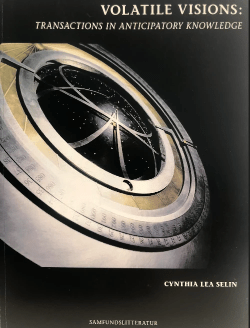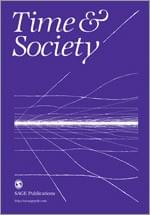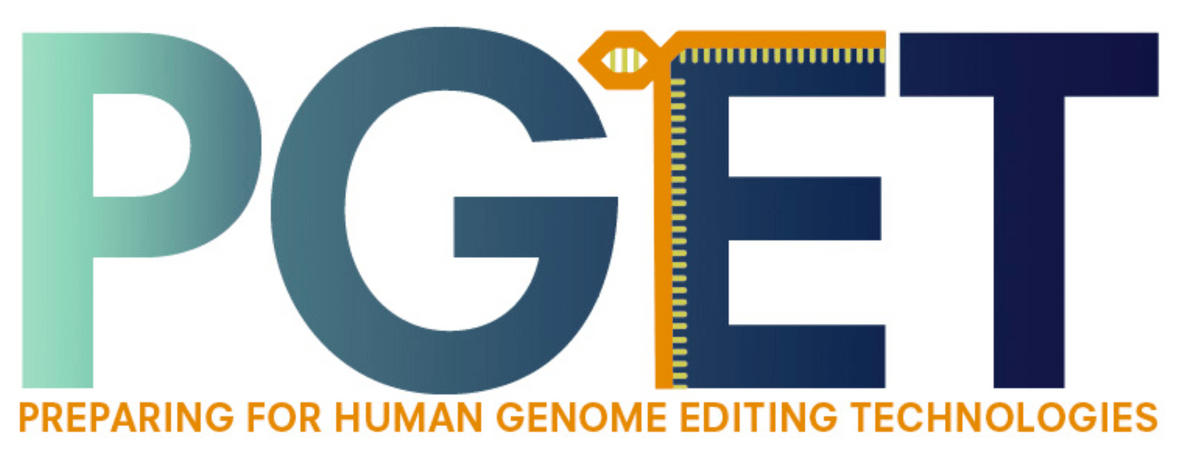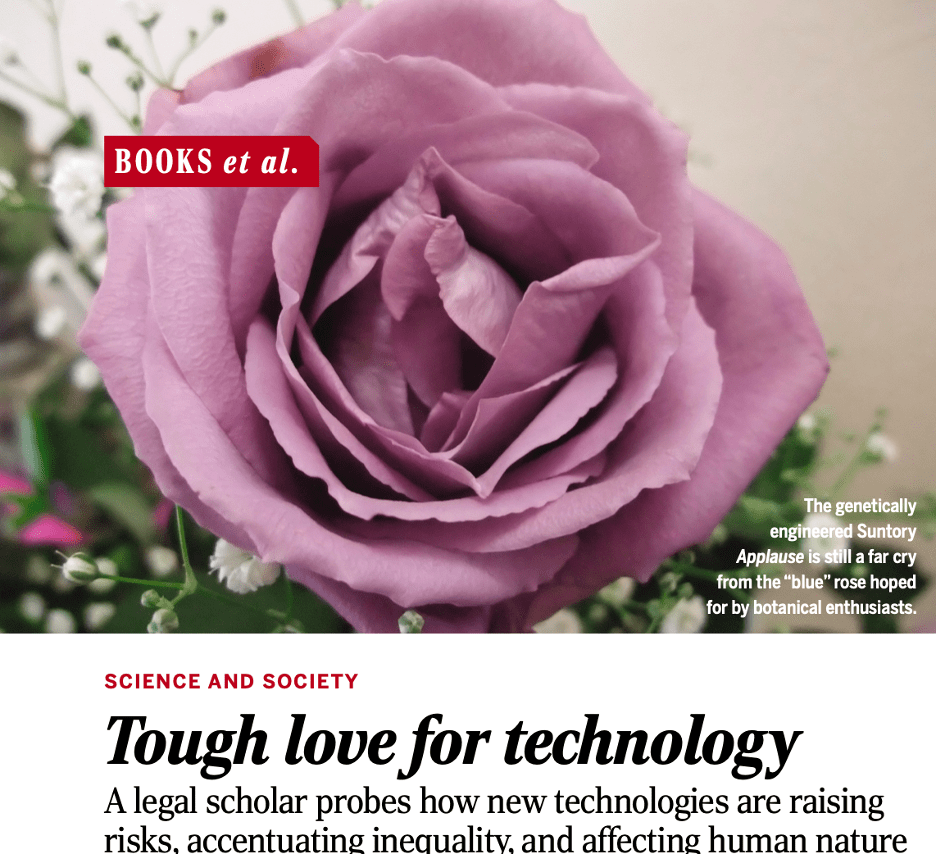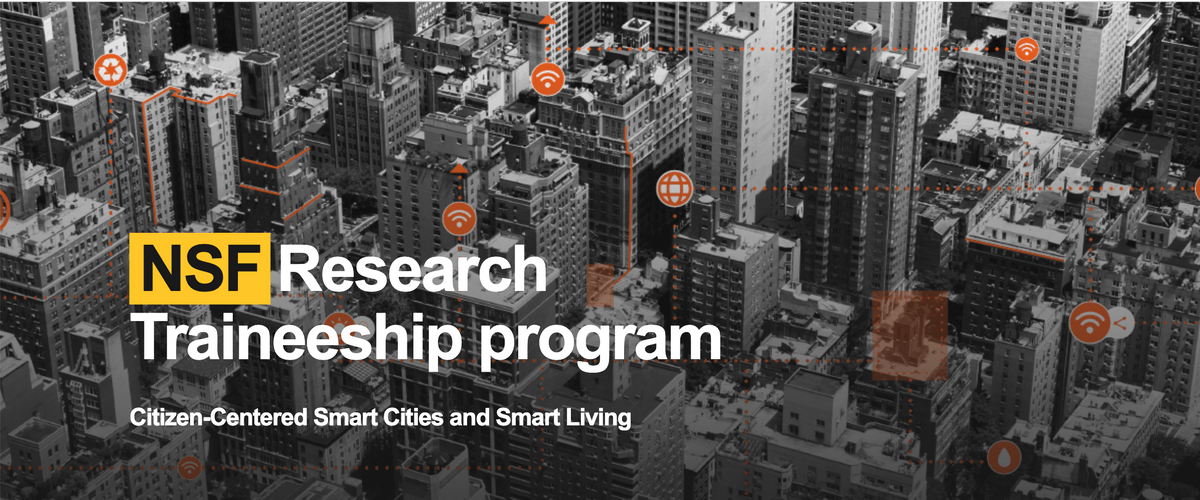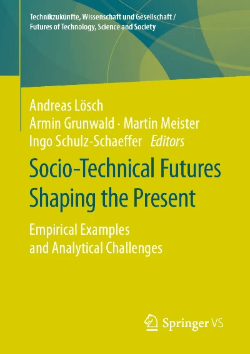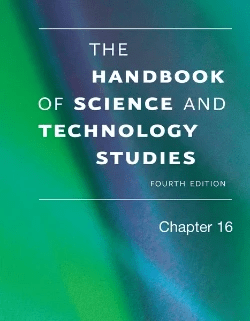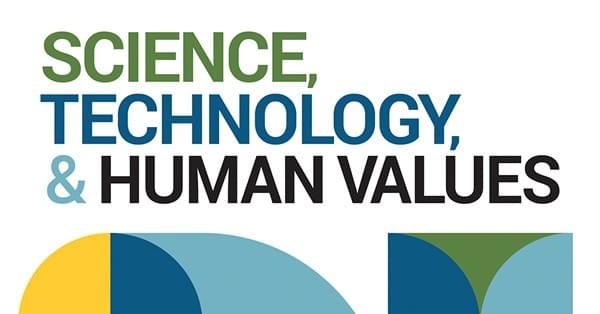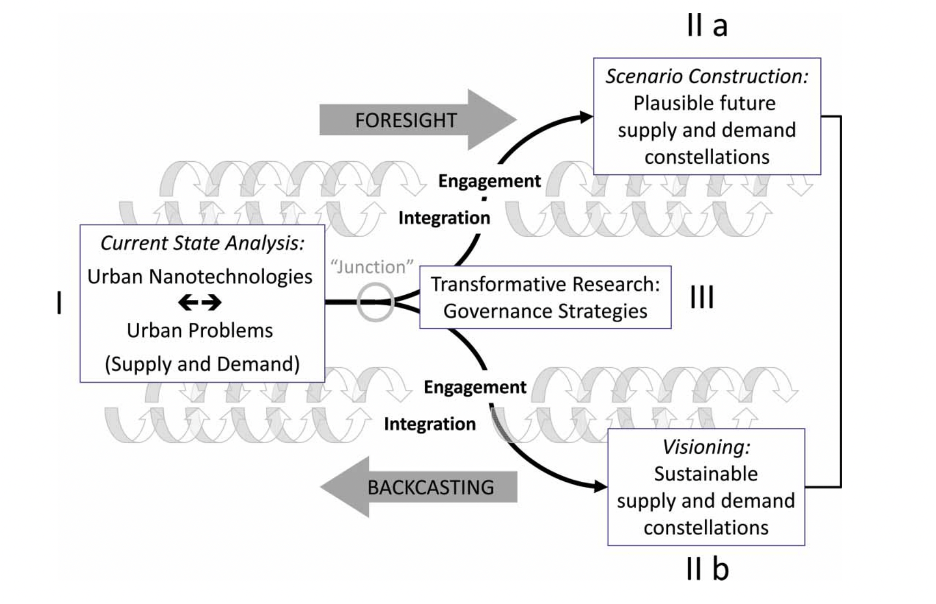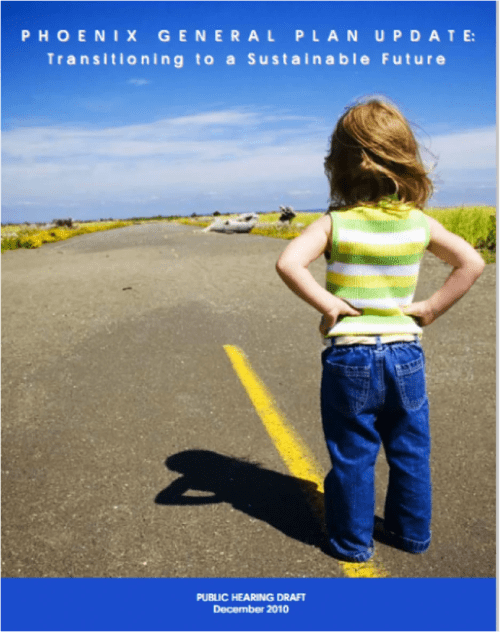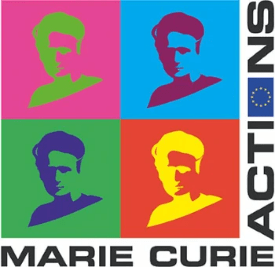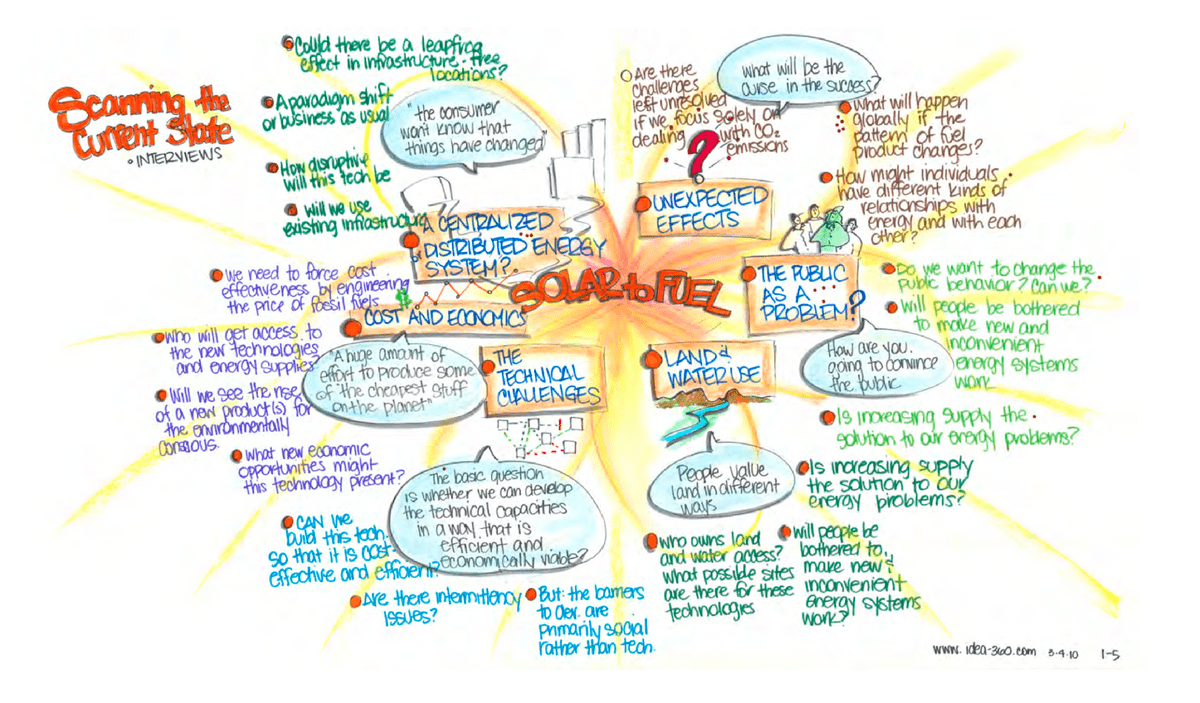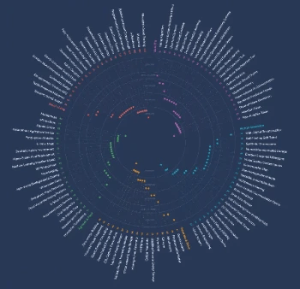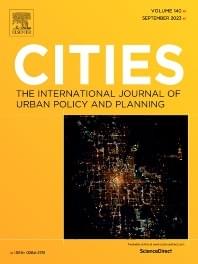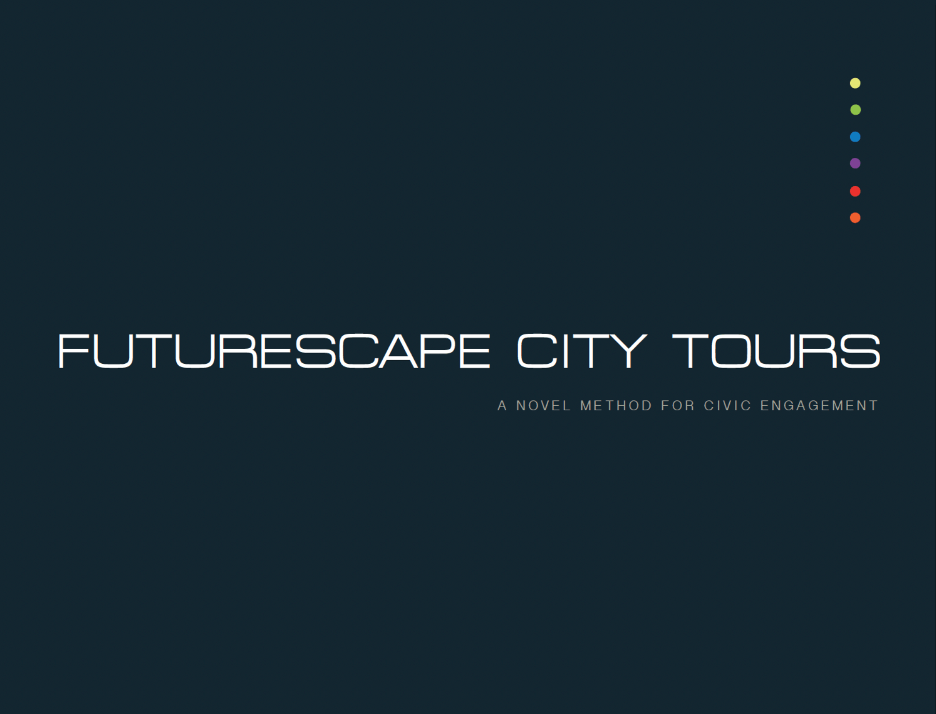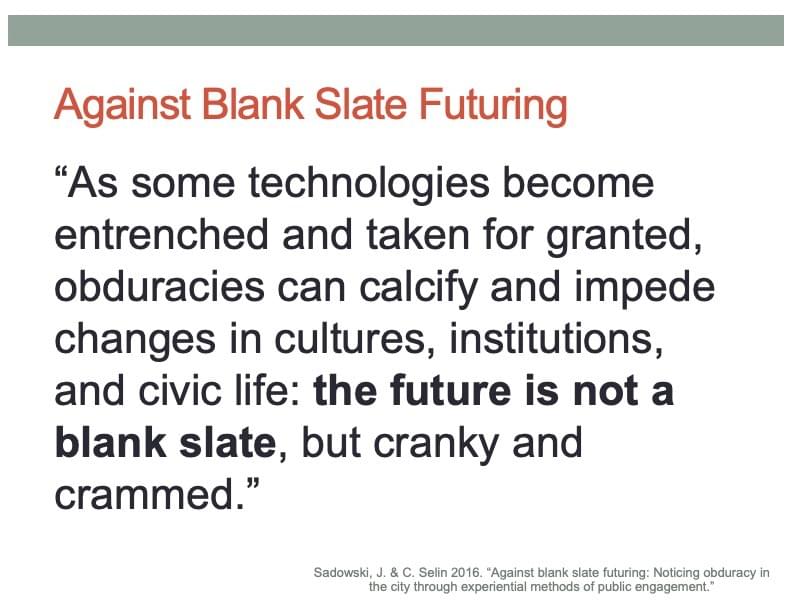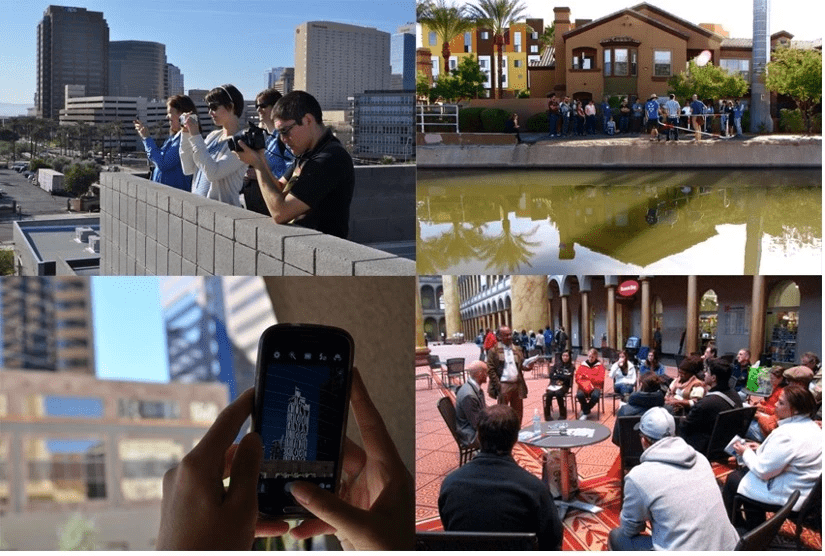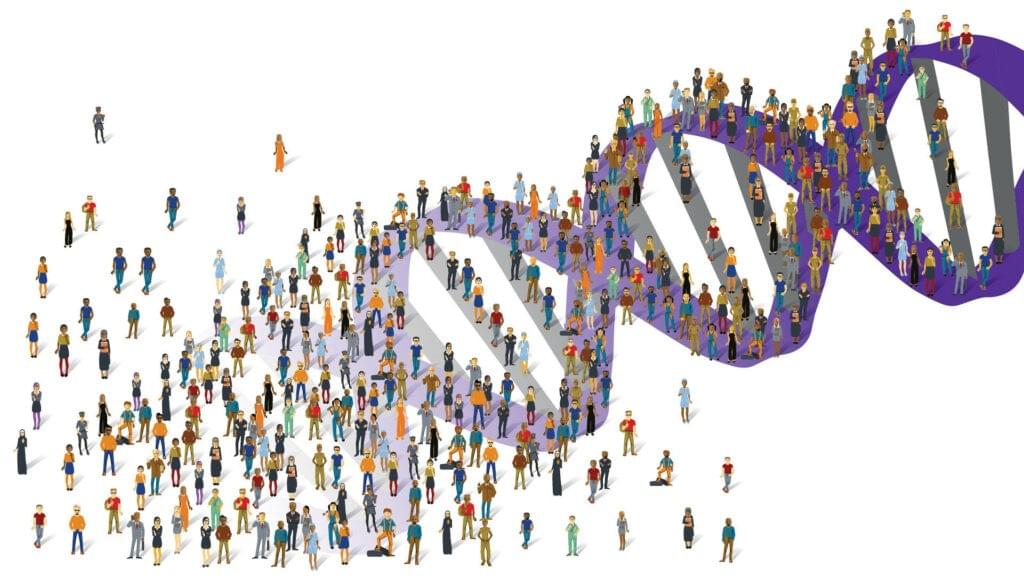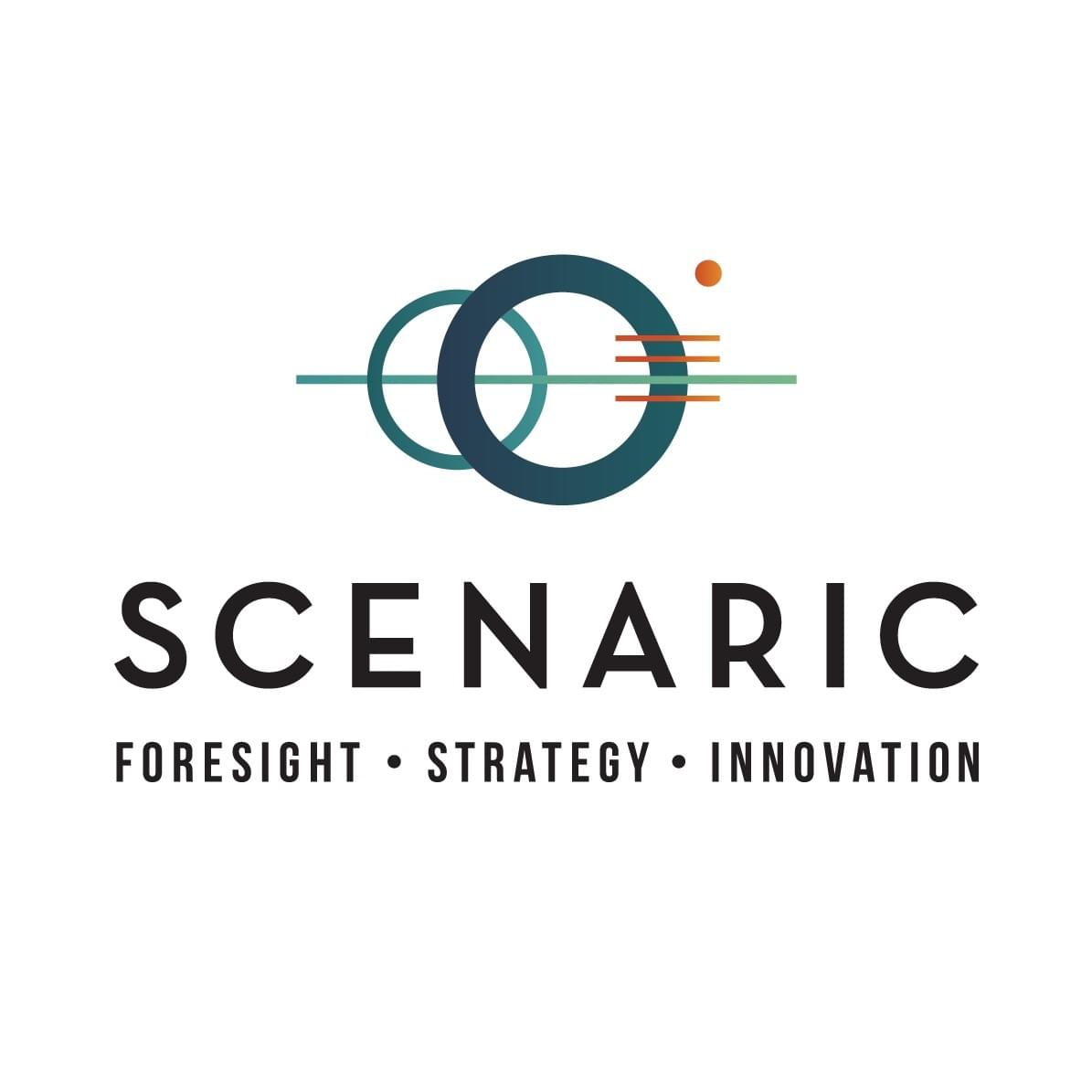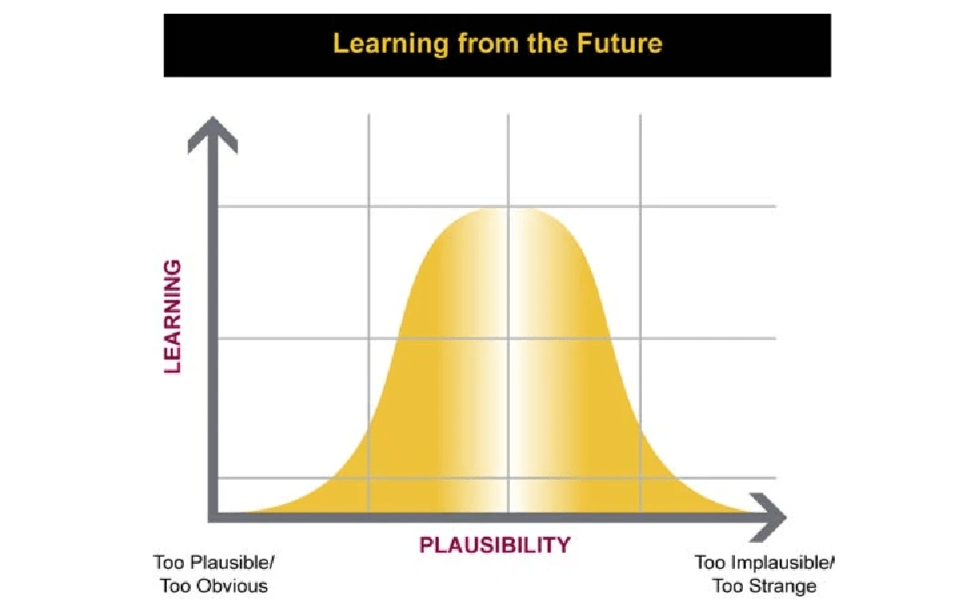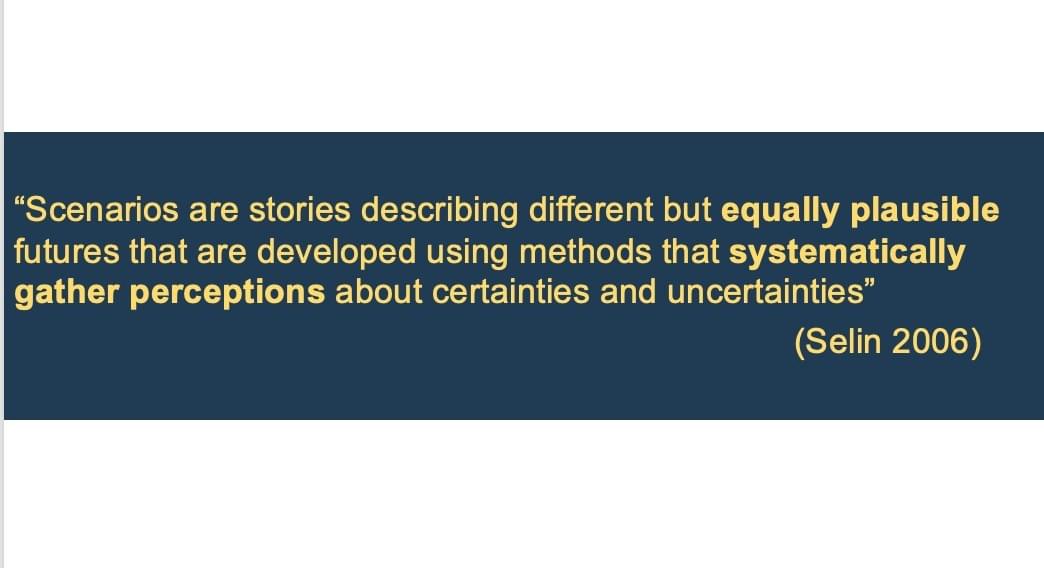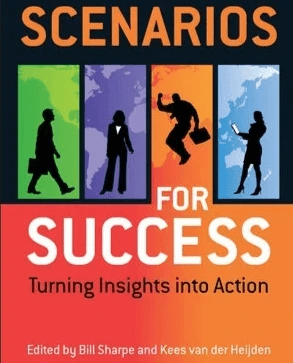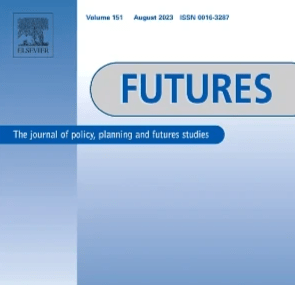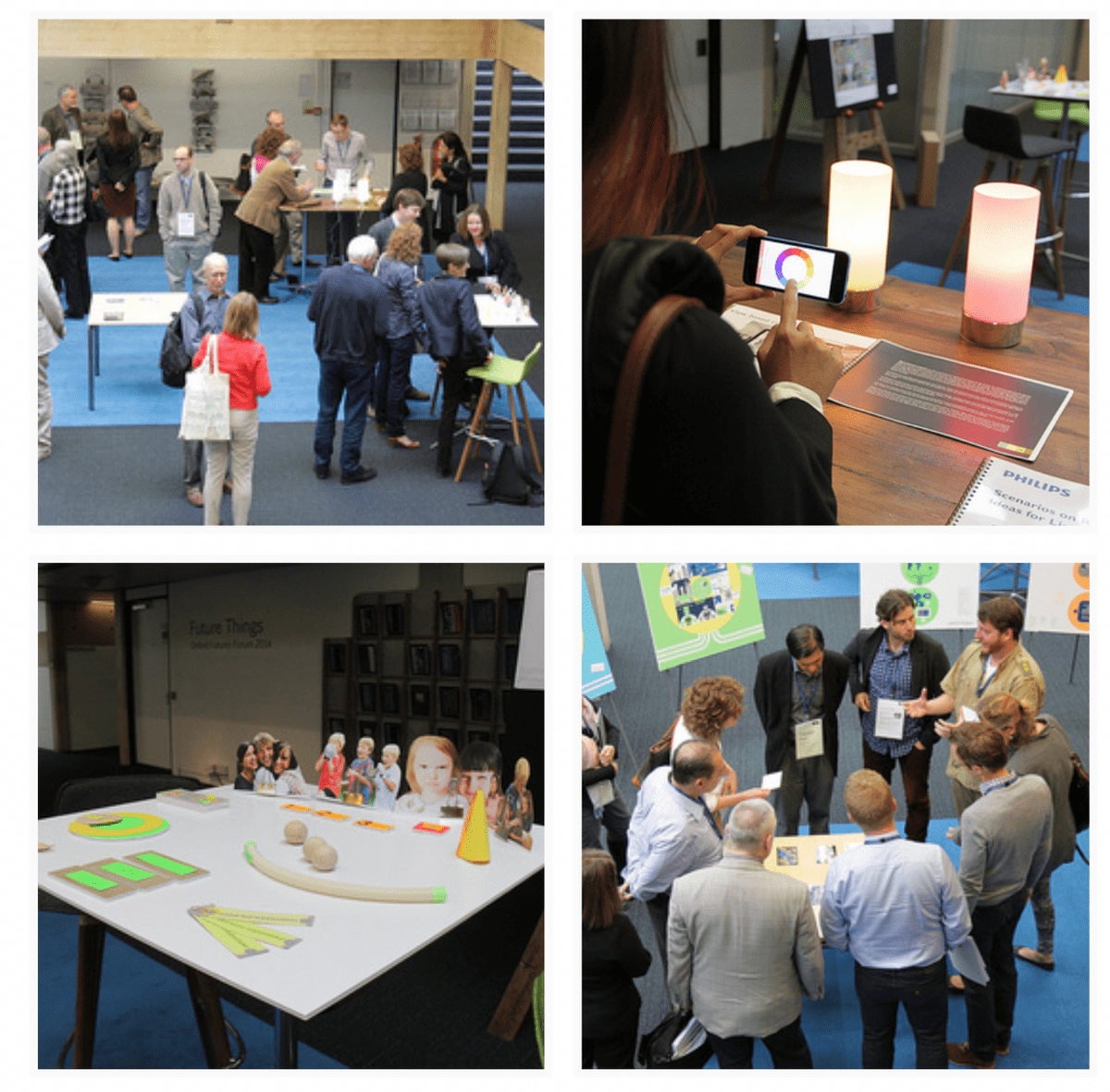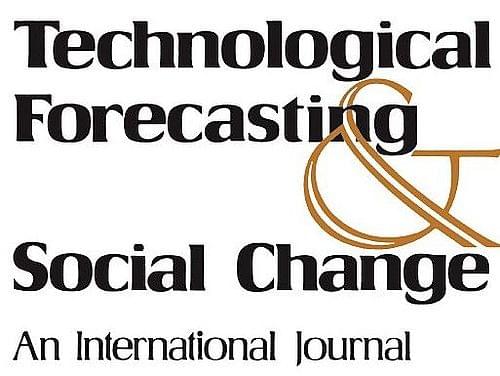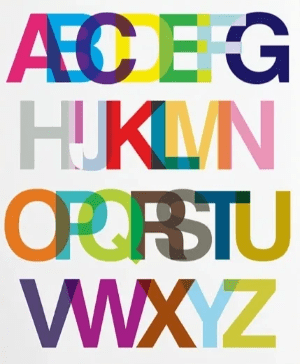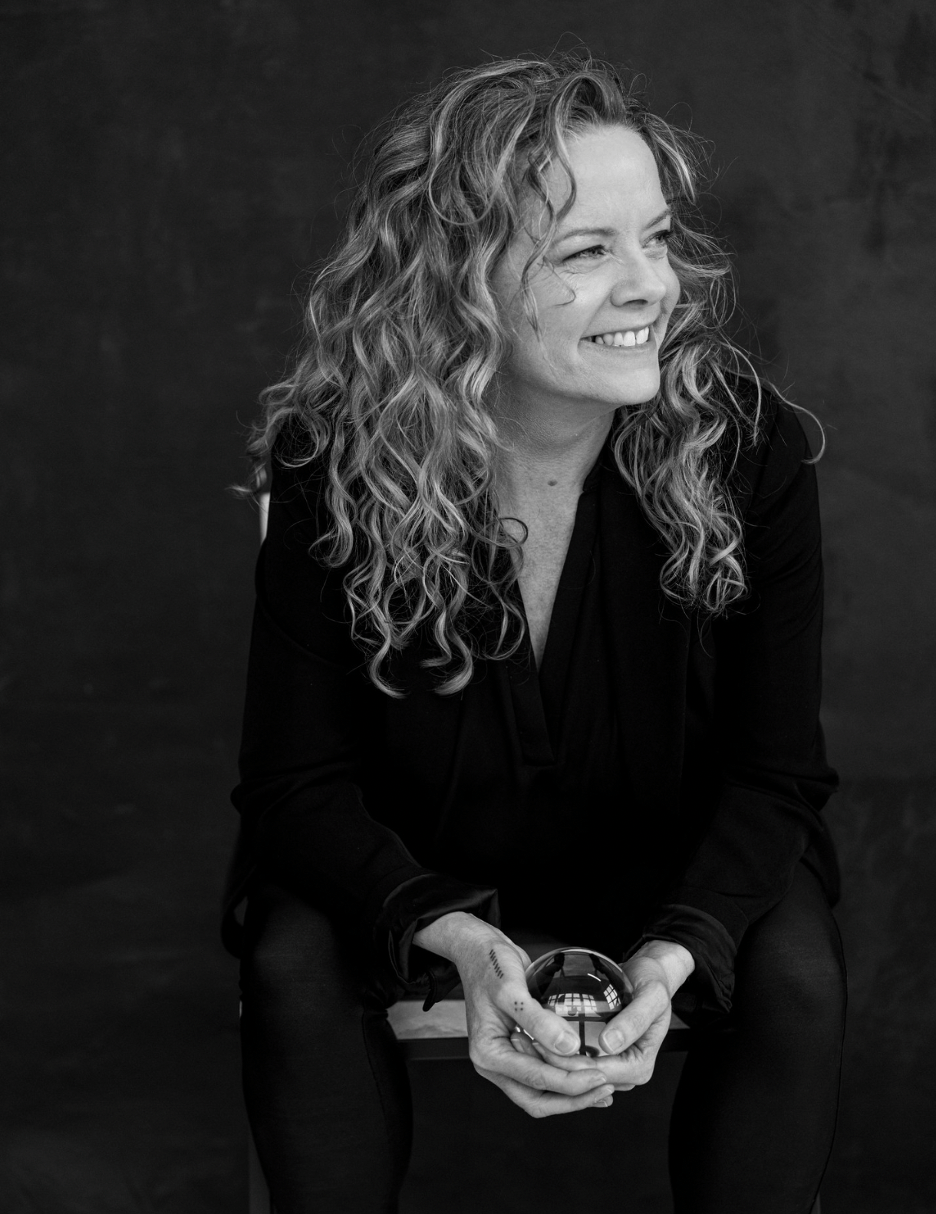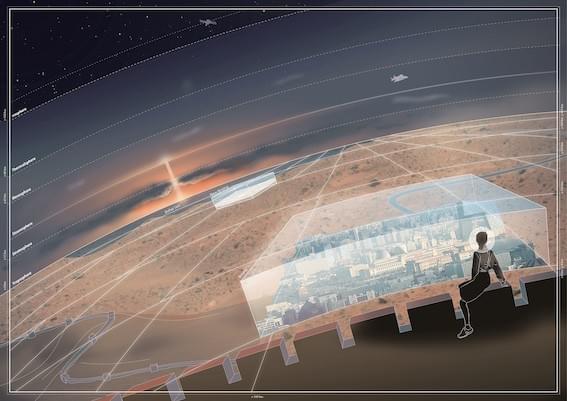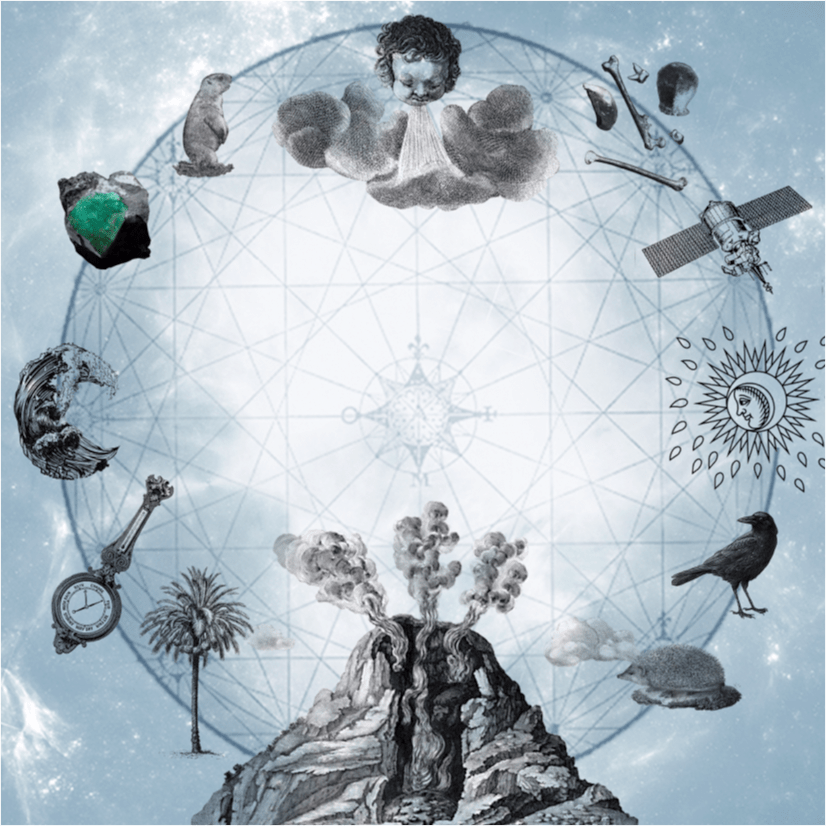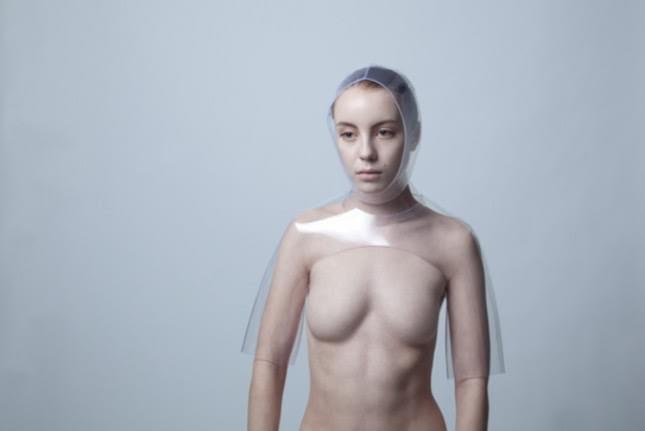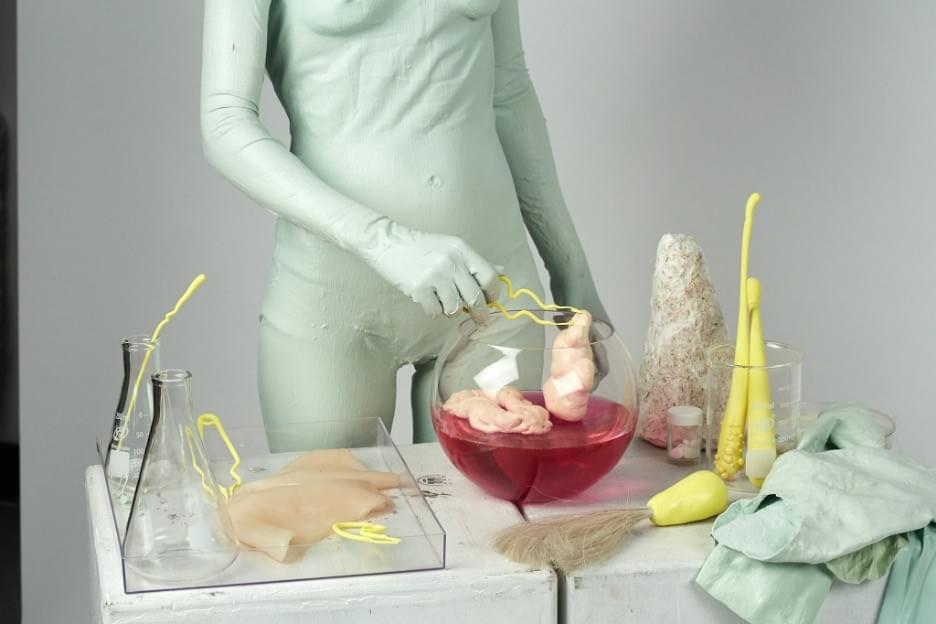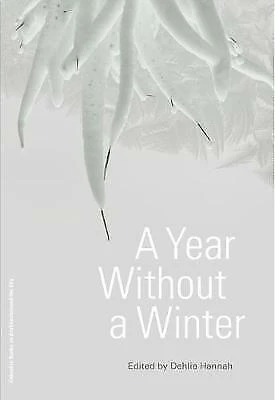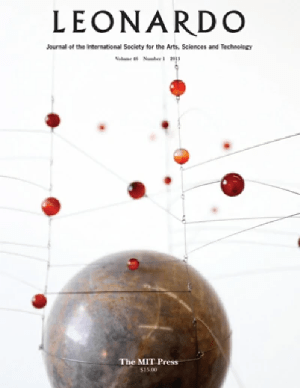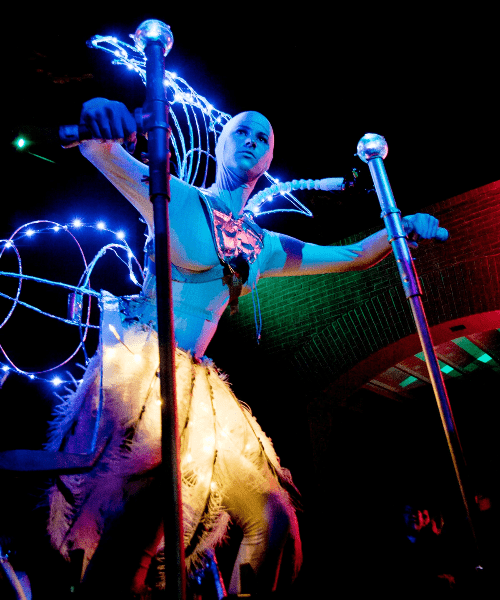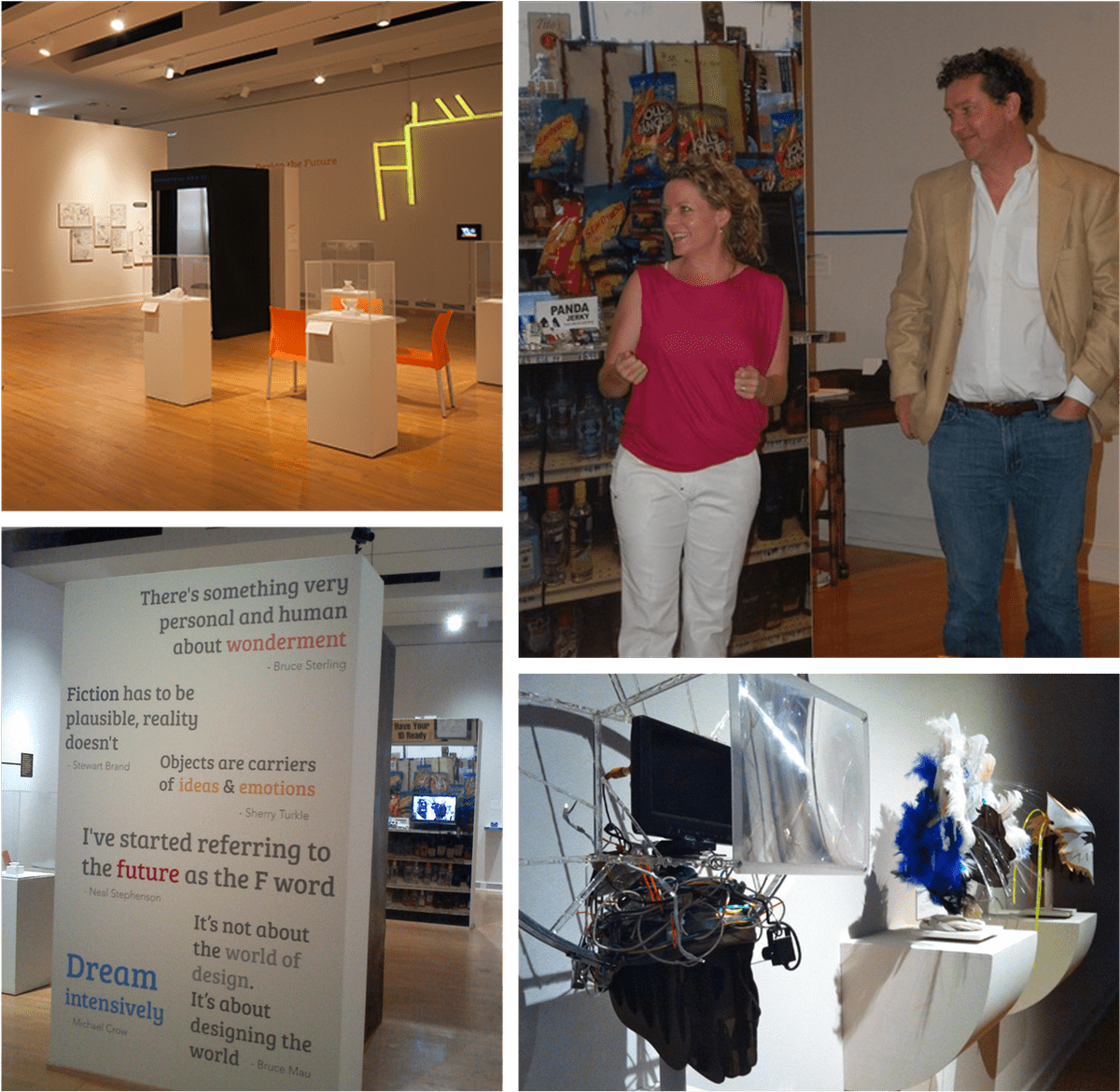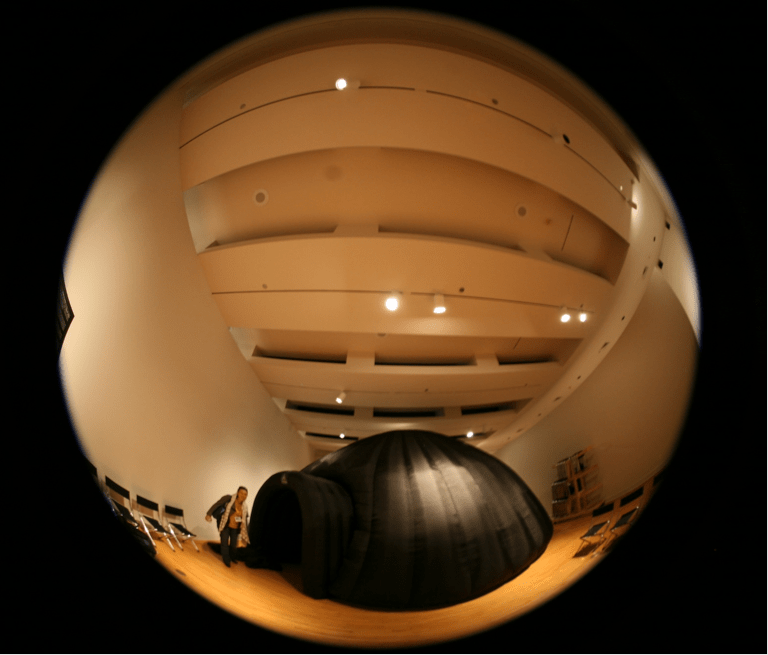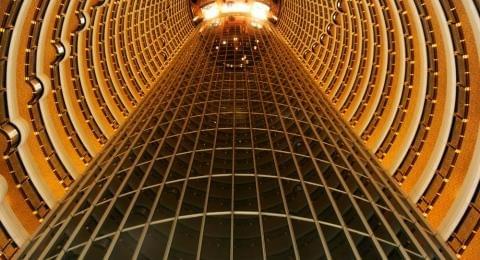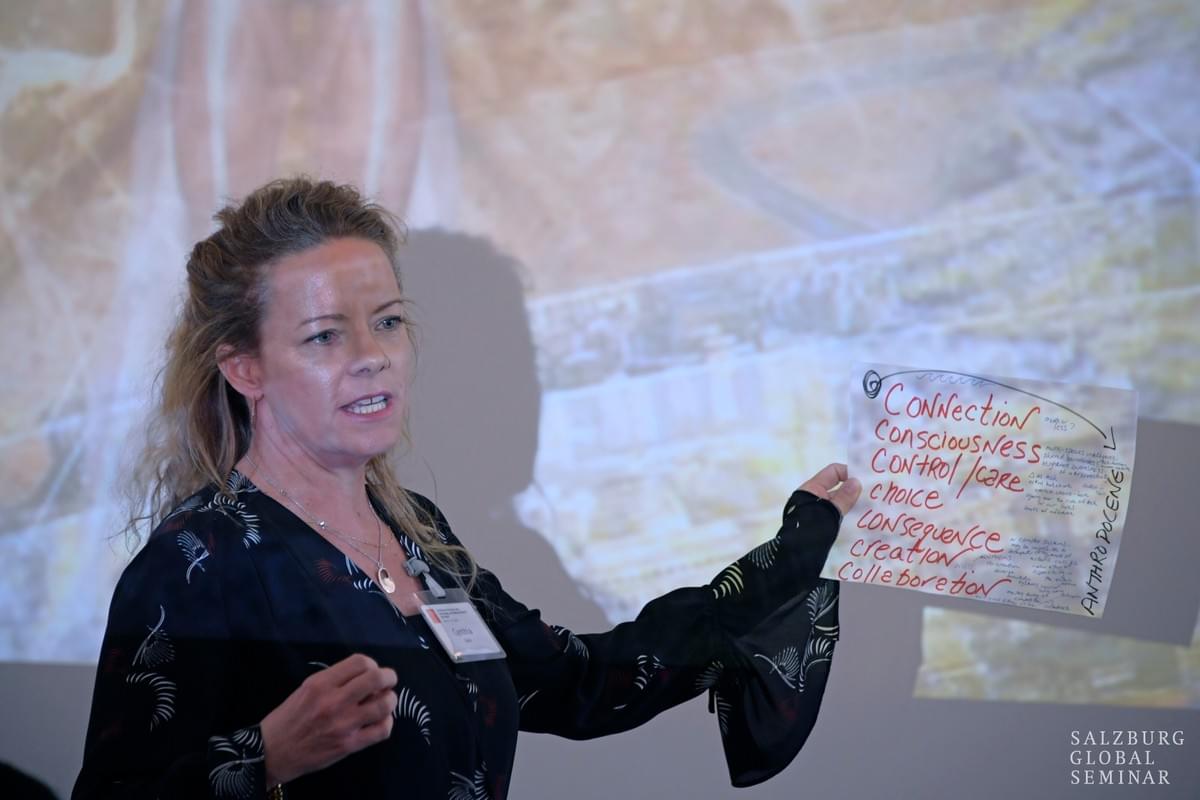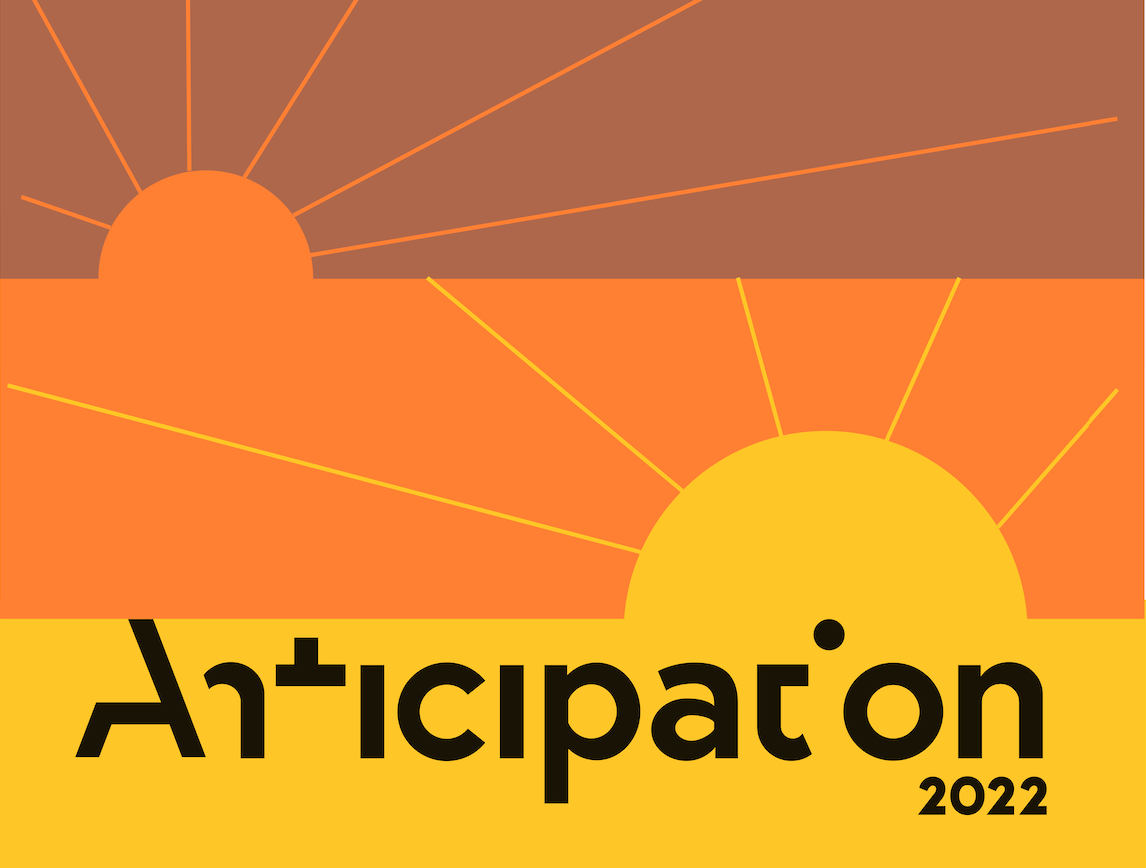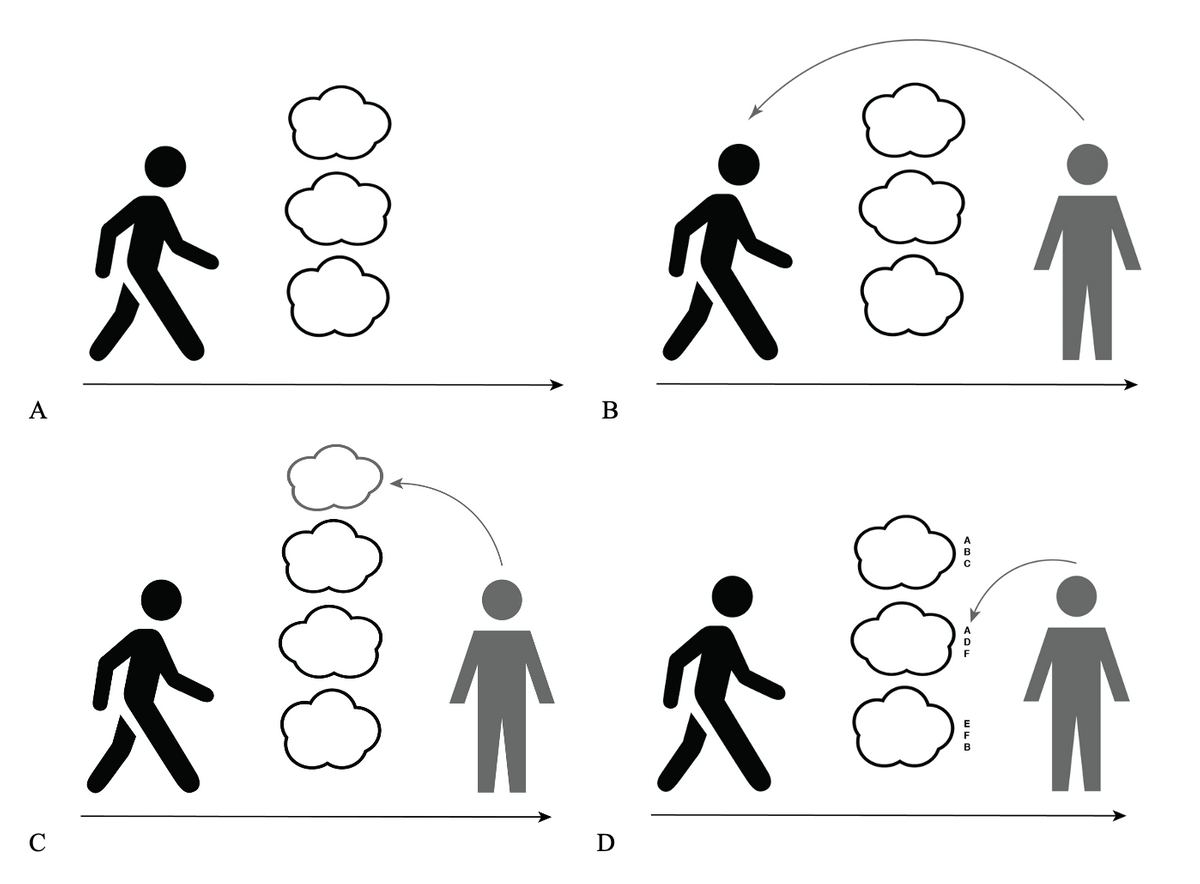

Cynthia selin
Scholar, Foresight Expert, Strategy Consultant
Scholar, Foresight Expert, Strategy Consultant
GOVERNING EMERGING TECHNOLOGIES
Anticipatory governance is a comprehensive societal capacity that enables proactive steering of emerging knowledge-based technologies before it becomes too late. Dr. Selin’s research enables responsible research and innovation to maximize the societal benefit and minimize the risk of novel technologies.

Dr. Selin’s 2008 co-authored chapter “Anticipating Nanotechnology: Governance, Engagement, and Reflexivity” formulates a vision for anticipatory governance and launches a world-wide trajectory of theoretical and applied research that investigates how emerging technologies can be guided to ensure societal value and reduce negative consequences.

Dr. Selin's doctoral research was published as Volatile Visions: Transactions in Anticipatory Governance (Samfundslitteratur, 2006) and investigated decision making in conditions of intractable uncertainty.

Unpacking the diverse time horizons animating a new technological domain, this article explores the meaning and dilemmas of the temporal inscriptions encoding the emergence of the field of nanotechnology.

Arguing for the importance of anticipatory governance in the emergence of novel biomedical technologies, focusing on how CRISPR technologies demand new forms of oversight sensitized to public values.

With multi-year National Institute of Health funding, Dr. Selin co-led multi-institution research on the future of human genome editing, deploying scenario planning and participatory technology assessment to explore the potential social benefits, governance arrangements, ethical dilemmas, and desirabilities of emerging technologies.

Exploring the novel and periential questions attending human genome editing, we seek to help governance efforts to better acknowledge and flexibly respond to the uncertainty and complexities of HGE developments.

Through an exploration of the theories, methodologies, and quagmires of anticipation in the study of nanotechnology, this piece introduces the sociology of the future and suggests ways Science and Technology Studies (STS) and Future Studies intermingle.

Investigating the socio-technical dynamics of networks systems, Dr. Selin has worked with technology executives and academics to explore topics like autonomous driving, artificial intelligence, and the internet of things.

Responding to The Ethics of Invention, Dr. Selin questions how responsible innovation and a sharper focus on public values enables loving unpredictable technologies better.

Educating the next generation through the National Science Foundation NRT grant, Dr. Selin co-led the award and its interdisciplinary focus on the technological, societal, and environmental aspects of citizen-centered solutions for smart citizens and smart living.

Inspiring responsible research and innovation, Drs. Selin and Withycombe Keeler led scenarios-based workshops with scientists at Arizona State University on wastewater sensing technology and pre-symptomatic health monitoring.

Connecting anticipatory methods with the governance of science and technology, this chapter in the Handbook for Science and Technology Studies (2017) outlines how STS concepts like expectations, promises, and sociotechnical imaginaries are alive and kicking.

Investigating how expectations drive material, economic and political changes in the establishment of new technological arenas, this article explores the politics of emergence and the consequences of anticipating nanotechnology.
SUSTAINABLE FUTURES
Dr. Selin is dedicated to catalyzing improved and regenerative futures through her active involvement in research, training, and consultancy projects centered around cities and energy system transformation. By analyzing and intervening in these intricate systems, her aim is to unravel the complexities and facilitate the emergence of more positive outcomes.

Leading US utility executives in a scenario planning effort on the Future of Grid-Connected Devices, Dr. Selin enabled an exploration of the disruptive impacts and potential disintermediating forces arising from increased connectivity in our energy systems.

Drawing together sustainability science with anticipatory governance, this National Science Foundation research explores how better civic engagement can lead to more sustainable technology transformations in urban spaces.

With Arnim Wiek and graduate students in the School of sustainability, Dr. Selin supported the City of Phoenix planning department and local neighborhoods in developing scenarios and strategies to cope with new socio-economic and climatic realities.

Advancing applied and theoretical research into novel foresight methods, particularly on scenarios mediated through cutting-edge gaming, visualization, simulation and design techniques in the energy sector, Dr. Selin was awarded the prestigious Marie Curie Fellowship hosted by the Danish Technical University.

Exploring the emerging prospects of converting solar energy into fuels, Dr. Selin led faculty at Arizona State University in setting strategic directions for forward-looking policy and technical research.

Dr. Selin advises the Electric Policy Research Institute (EPRI) to infuse foresight in their Technology Innovation program by designing a platform to investigate and assess emerging technologies relevant to the energy sector.

Leading US-based utility companies through the development of scenarios, Dr. Selin helps to synthesize new strategies and business plans sensitized to unpredictable uncertainty.

Working with the city of St. Paul and the Science Museum Minnesota, we guided civic leaders and diverse stakeholders to consider the local and regional impacts of climate change and how to foster greater resilience amid daunting uncertainties.
Democratizing Innovation
For the last two decades, Dr. Selin has been forging ways for diverse audiences to meaningfully weigh in on the advancement of controversial emerging technologies. By opening up innovation to public values and broader challenge, these approaches — deliberative walking tours, participatory technology assessment (pTA) and stakeholder dialogues—aim to foster purposeful imagination and encourage better inputs to policy and decision making.

Pioneering the idea of material deliberation, we posit modes of citizen engagement which incorporate an awareness, openness and sensitivity to non-traditional modes of deliberative interaction that include visual, embodied, intuitive, affective and tangible ways of knowing.

Designing and leading the National Science Foundation funded Futurescape City Tours, a multi-year, multi-institution research study inventing novel model of public deliberation using visual, digital, and experiential methods.
Documenting best practices for integrating expert perspectives in citizen-guided deliberations on technological controversies through an open-source Guidebook and Digital Exhibition.

In "Against Blank Slate Futuring: Noticing Obduracy in the City through Experiential Methods of Public Engagement,” Jathan Sadowski and I explore unlocking over-determined socio-technical futures in the award-winning Remaking Participation: Science, Environment and Emerging Publics.

Exploring how augmented experiential methods engaged publics in reflexive dialogue about invisible, pervasive, interwoven urban technologies can embrace diverse ways of knowing and seeing and cultivate a critical imagination about the future.

Developing open source tools for Participatory Technology Assessment, we offer modules and materials to engage public audiences in discussion about the ethical and policial implications of advances in human genome editing.
In Future Imperfect: Critical Approaches to Foresight Deliberation, hosted at the EU's Joint Research Centre, Dr. Selin shares discoveries and best practices of engaging the public imagination

Facilitating inclusive, fair, and transparent stakeholder engagement to promote responsible innovation, sustainable progress, and better societal outcomes.
SCENARIO PLANNING
Dr. Selin’s deep expertise as a scenario planner involves theoretical meditations on the nature of anticipation, scholarly research advancing the scenario planning methodology, award-winning teaching, and extensive applied work with a wide variety of communities and clients.

Leading a multi-year research effort on plausibility, investigating the epistemological basis and implications of a non-predictive approach to navigating uncertainty. Writings explore the socio-political history of plausibility, the juxtapositions of probability and plausibility, and the role of plausibility imagining new technologies.

Contributing to the scholarly literature about the workings of scenario planning by exploring Trust and the Illusive Force of Scenario Planning.

“Professional Dreamers: The Past in the Future of Scenario Planning” probes the role of re-perception and balancing ontological pluralism in questioning deep-seated assumptions.
Since 2013, Dr. Selin has been a lead faculty in the award-winning Oxford Scenarios Programme, teaching the theory and practice of the methodology to executives, academics and policy makers.

Co-convening the Oxford Futures Forum drawing together more than 80 practitioners and scholars to explore the intersections and challenges between scenario and design practices, and how futures philosophy, narratology, fashion, data, governance, worldmaking, and sustainability come into play.

Co-curating with Lucy Kimbell, FuturesThings, an exhibition of analogue and digital materials that captured different ways that futures are materialized in scenarios and design practice.

Investigating the role of inclusive stakeholder engagement in scenario planning, outlining best practices and tensions in ensuring fairness and representation.

Scenario Planning as a Methodological Menagerie is a book project in progress that features time-tested practices and philosophies surrounding developing and using scenarios.

Seeing scenario planning as a method for strategic renewal, Dr. Selin designs and facilitates scenario planning projects with diverse clients and communities.

Futurity Archetypes is a typology that reimagines the Enneagram through a futures lens—revealing how core motivations and cognitive styles shape how we navigate uncertainty, risk, and possibility. Designed to deepen self-awareness and strengthen team dynamics, the Archetypes support faster, more meaningful collaboration in times of radical change.
climate art AND science
Dr. Selin’s work on climate imaginaries spans multidisciplinary research, scholarly workshops, art installations, articles, and books. These intensive dialogues and creative collaborations provoke inspired modes of thinking and acting to reimagine the role technologies can play in coping with global climate change.

Designing and facilitating a radically transdisciplinary dialogue to imagine the world 100 years from now, Dr. Selin guided 100 ASU faculty to envision the future of climate design and geoengineering and foster new strategic collaborations.

Engaging policymakers at the EU’s ERC Joint Research Centre to explore how creative interventions can unlock new ways of thinking about our relationship to the environment and our political agency within it.

Writing “Unseasonable Fashion: A Manifesto”with Dehlia Hannah which probes how speculative fashion creates a moment to capture our climate crisis and our efforts to survive in the anthropocene.

Re-staging the Dare which gave birth to Mary Shelley’s Frankenstein, at the experimental Arizona community Arcosanti with science fiction authors, climate scientists and humanists.

Directing the public art, technology and futures festival Emerge in 2017 focused on Frankenstein, the 200-year-old novel that motivates us to think critically about our creative agency and scientific responsibility in times of massive change.

Co-editing fiction in one of the New York Times Best Art Books of 2019, A Year Without Winter (Columbia University Press) which brings together science fiction, history, visual art, and exploration to reframe the relationship among climate, crisis, and creation.

Convening the Oxford Futures Forum designed to enable professional dialogue, reflection and collaboration about how plausible, challenging, and usable climate change imaginaries can open up new ways of thinking and acting.
ALTERNATIVE IMAGINATIONS
Dr. Selin strives to instigate more imaginative, more just, more critical, and more inclusive explorations of alternative futures. Collaborating with a diverse array of artists, scientists, scholars and other brilliant humans, she seeks ways to creatively open pathways to prompt better futures.

Experimenting with visual and kinetic methods, Finding Futures: A Spatio-Visual Experiment In Participatory Engagement details embodied engagement in Leonardo: The International Society for the Arts, Sciences and Technology.

Dr. Selin co-founded Emerge: Artists and Scientists Redesign the Future in 2012, which became an annual transmedia art, science and technology festival designed to creatively and collectively explore our changing future.

Curating Emerge: Redesigning the Future (2012), a mixed media exhibition at ASU Art Museum bringing interactive speculative fictions to public audiences.

In “Merging Art and Design in Foresight”, Dr. Selin explores the roles of speculative design and other creative, experiential, and affective genres of foresight.

Studying the practices and patterns of emerging modes of foresight, this detailed event ethnography advances the creativity and rigor of anticipatory techniques.

In A Festival of Futures: Recognizing and Reckoning Temporal Complexity in Foresight, we explore how opening up nonlinear futures through the materiality and the experiential basis of art and design serves to generate the conceptual space to explore multiple timescapes and better engage anticipatory capabilities.

Joining artists, creative thinkers, and groundbreaking practitioners from around the world at the Salzburg Global Seminar to re-imagine the nexus between the arts, technology and human futures at The Shock of the New: Arts, Technology, and Making Sense of the Future.

Convening a 400-person interdisciplinary gathering exploring how ideas of the future inform action in the present as lead of the conference organizing committee of the ‘22 International Conference on Anticipation.

Leading inquiries into Future Design, exploring how to build empathy with future generations through reframing with scenarios and imaginative role-play aimed at improving governance and societal responsibility.
All Rights Reserved © 2024 by Cynthia Selin

